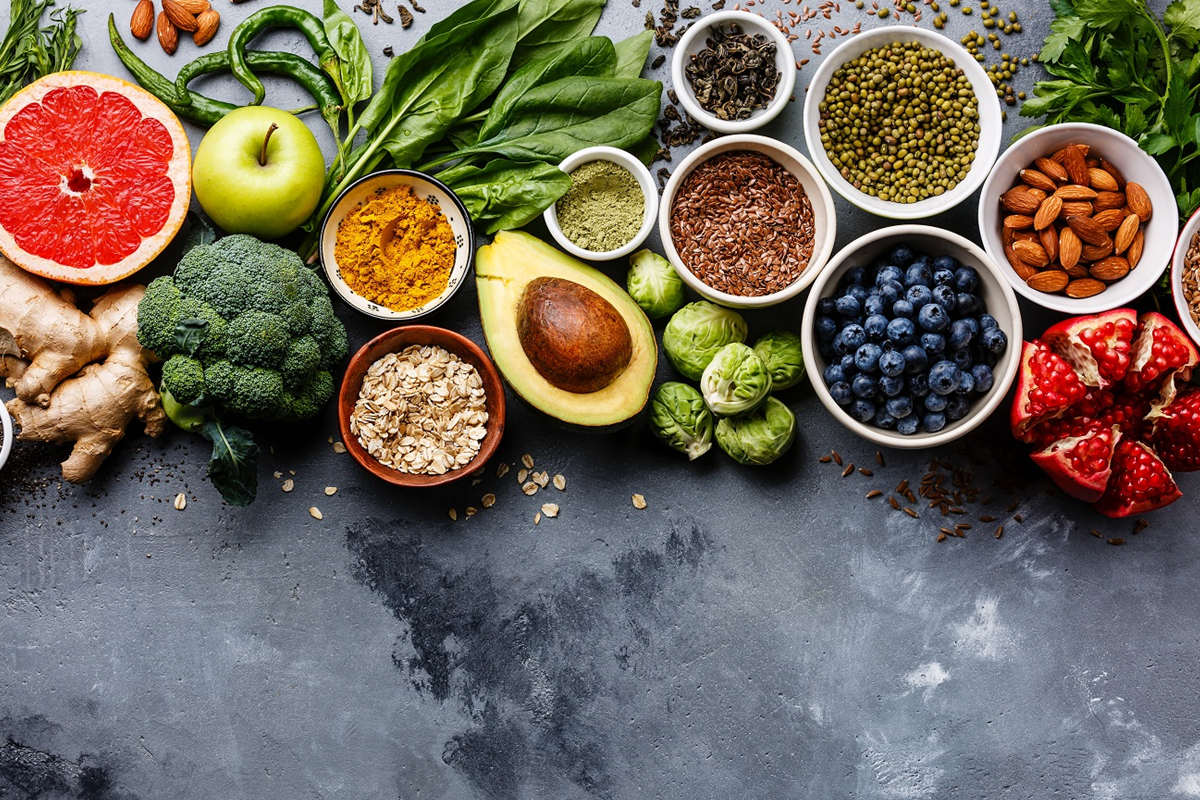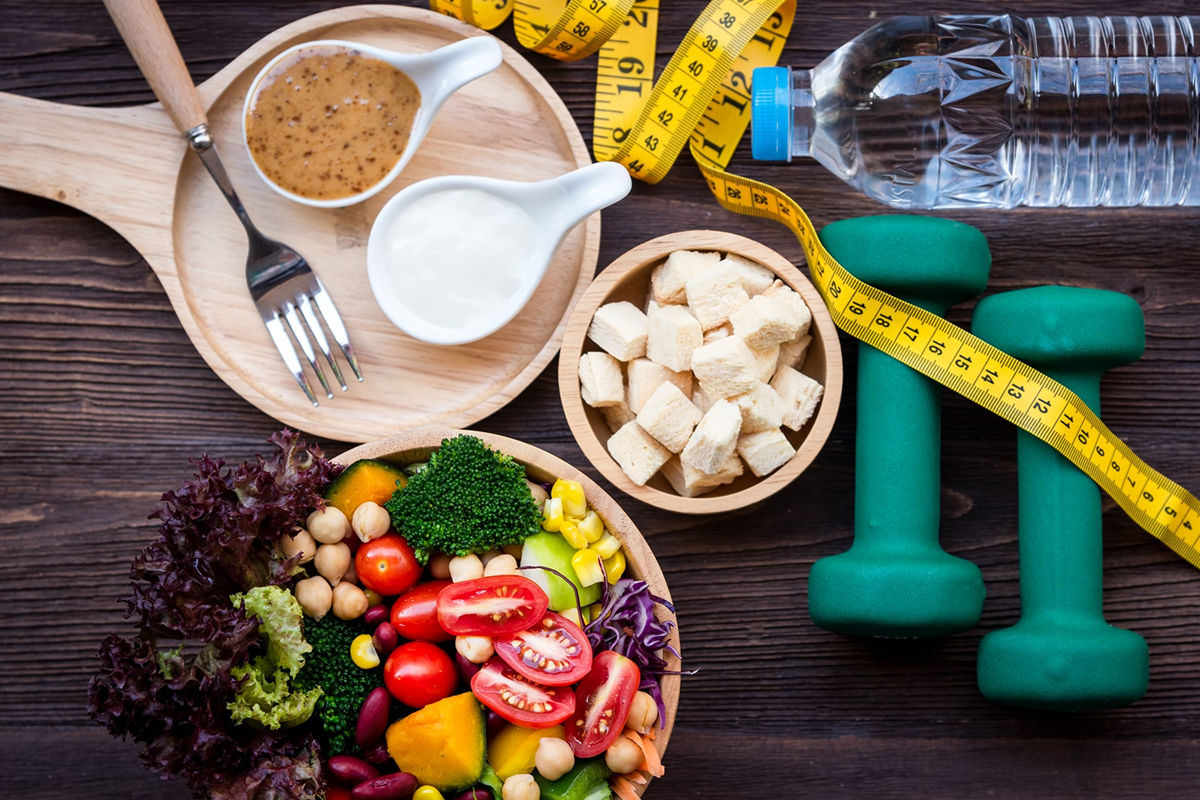Many significant nutrition trends have shaped how we understand the role of food in wellness and sports performance. These trends have led to a better understanding of how some foods can help sports performance and improve recovery from workouts.
Here are the sports nutrition trends to take or leave.
1. Salt is not bad
Increased sodium intake can lead to an increase in body water. This means that more sodium will increase total body mass and thus a gain in lean muscle mass. One study showed that athletes who ingested high sodium levels lost 4 percent less muscle during intense training sessions than their counterparts who ate no salt.

2. Carbohydrates are power fuel for athletes
While there are many different types of carbohydrates, many are readily available to the human body and do not pose any significant risk if consumed at reasonable levels. Enough carbohydrates are provided by fruit and vegetables each day, but few people limit themselves to these foods.
3. The role of protein for breakfast is still up for debate
Many athletes, fearing glycolytic muscle breakdown during exercise, abstain from eating a heavy breakfast. However, this “no breakfast” approach can lead to low energy levels during the day. It has also been shown that the consumption of a high-carbohydrate and protein-rich meal before exercise is associated with more significant increases in muscle mass and strength following resistance training.
4. Low-fat diets don’t work
The benefits of diets low in fat have been overstated by the public and media, who continue to promote low-fat diets despite evidence that they are ineffective as tools to promote weight loss and are harmful to health.

5. It’s not about being vegan
The general public does not understand a vegan diet and is frequently confused about the differences between a vegetarian and a vegan. A vegan diet excludes all animal products, including eggs, dairy, and honey. Vegetarianism includes dairy, eggs, and honey but excludes meat. Claims that vegans or vegetarians are healthier than omnivores are not scientifically substantiated.
6. Athletes need to eat enough
It’s not easy to hit the recommended daily intake of calories when training hard every day and trying to cut body fat. However, athletes who do not consume enough calories will adversely affect their performance.
The role of nutrition in sports performance is still a popular topic. Nutritionists continue to search for the perfect diet plan to lead to optimal fat loss and muscle gain.

